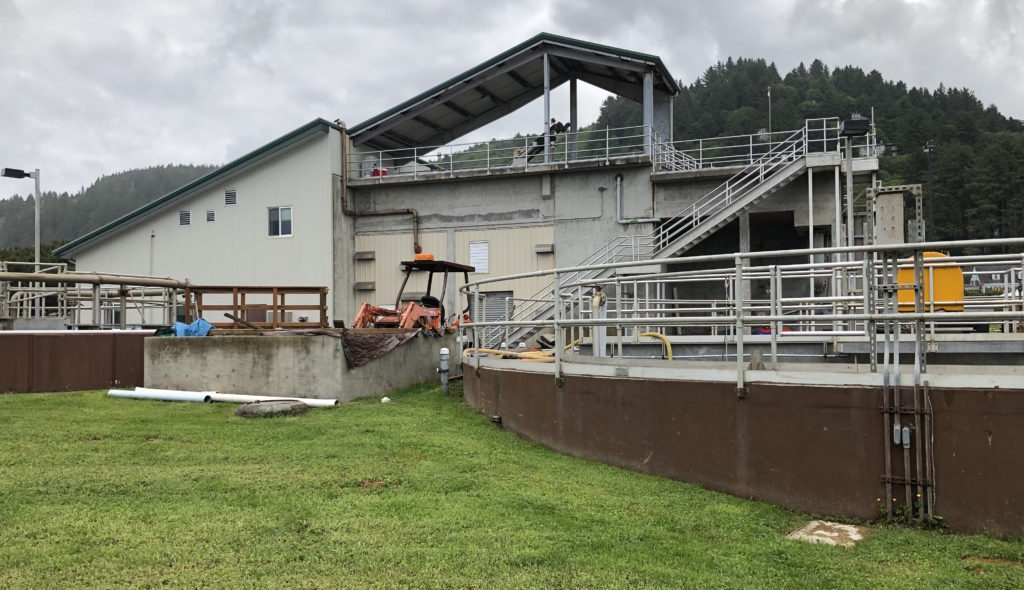
By QUINTON SMITH/YachatsNews.com
Ken Williamson wants to study Yachats’ poop for traces of coronavirus.
Until Thursday the city of Yachats was reluctant to cooperate, questioning aspects of Williamson’s study powered by a $100,000 National Science Foundation grant, and the possibility that bad coronavirus publicity could scare off tourists.
But forced to discuss it at Thursday’s meeting by Councilor Leslie Vaaler and a campaign by residents, the council agreed to begin taking wastewater samples until it has a chance to question Williamson at its June 17 meeting.
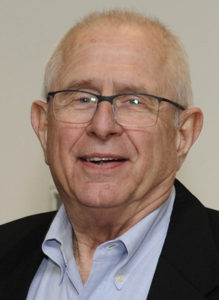
Williamson is director of research at Clean Water Services, the government agency that handles wastewater treatment for 600,000 customers in Washington County. Before that he taught environmental engineering at Oregon State University for 40 years.
And, he and his wife, Stephanie Sanford, own a second home in Yachats.
Williamson is leading a Clean Water Services research project at its four treatment plants to detect the coronavirus. That’s part of a national study that has expanded to 150 plants using a monitoring technique developed in Europe.
In April, the National Science Foundation awarded OSU and Williamson a $100,000 grant to study treatment plants across the state.
Separately, OSU is doing extensive studies in Corvallis and Bend, testing for COVID-19 in those cities by taking nasal swabs of residents and testing wastewater. So far, the Corvallis testing has showed only one person in 1,000 is infected.
Familiar with Yachats, Williamson was especially curious of the impact of a large summertime influx of tourists in the wastewater of a small, isolated but stable community of 750 residents.
“I’m interested in communities affected by large outside groups,” he said in an interview this week with YachatsNews. “Yachats would be a great place to do this … because of the large number of visitors.”
Williamson said the purpose of testing wastewater for coronavirus is threefold:
- Is there evidence of the virus?
- Is the prevalence increasing or decreasing? If it’s increasing researchers can alert authorities like Lincoln County Public Health to let people know to take more precautions.
- Is the prevalence similar to other communities? That information gives you a sense whether your area is controlling the virus.
The testing is able to easily detect the presence of even a tiny amount of SARS-COV-2 in wastewater, Williamson said.
“As soon as an infected person puts feces in the system we can measure that,” he said.
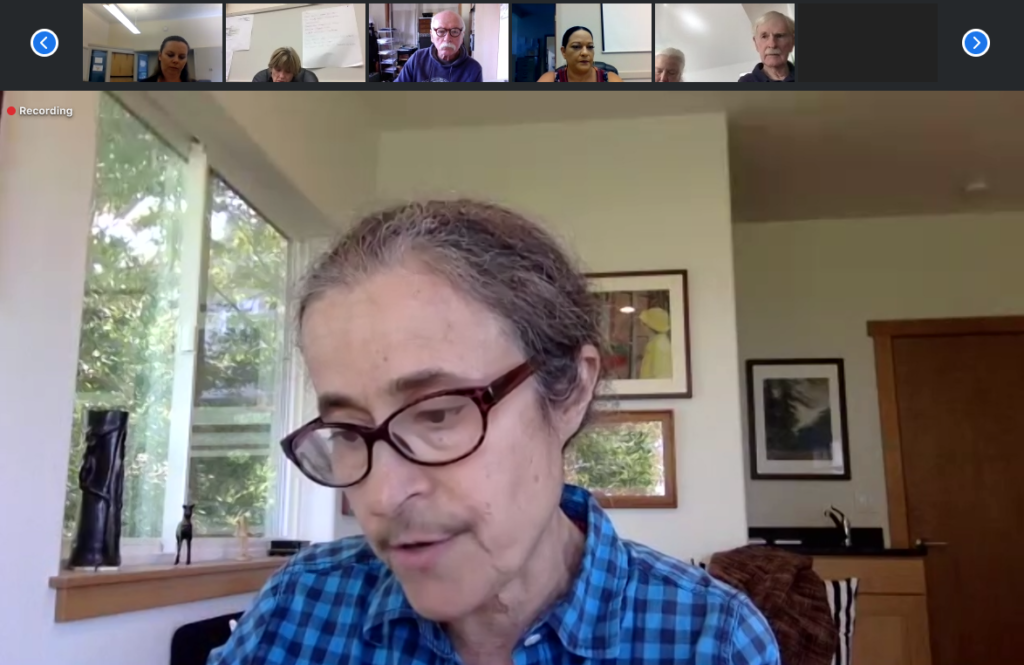
Initial inquries were rebuffed
City Manager Shannon Beaucaire told the council Thursday that Williamson called May 11 to see if the city would collect samples for the study before motels reopened June 1. Beaucaire said Williamson answered her questions and she consulted with Mayor John Moore on May 14 and then called Williamson to decline.
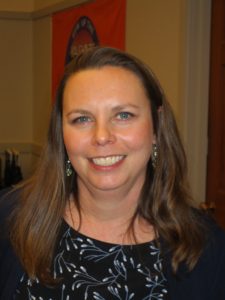
Williamson then sent an email to Beaucaire and council members on May 20 with a fuller explanation of his background and the research. But it didn’t make the May 21 council agenda and the next meeting was June 4, past Williamson’s preferred start date for sampling.
Beaucaire also told the council that from her research she had other concerns with testing, the science, and that other coastal cities hadn’t yet been approached to participate.
Moore said Thursday he initially liked the idea, but cooled to it after Beaucaire looked into it. He also wondered if Yachats was the only coastal city participating and if word got out of a high test rate, then “how will that affect people deciding where to stay?”
Later in the week, the city of Depoe Bay agreed to join the testing program.
But word of Williamson’s offer began to spread to others in the community, who peppered Beaucaire, Moore and Council President Max Glenn with calls and emails advocating for the study.
Vaaler forced the issue by reading Williamson’s email into the record at the start of Thursday’s meeting and asked the council to discuss it.
Vaaler said she talked with Williamson and said June was only his preferred start date for sampling, the important part was to establish a good baseline before July 4 crowds. She emphasized that the results don’t have to be interpreted negatively, but even if they were it is important to share information to help the public make decisions.
“It seems to me that this is the same kind of information that the city provides about the weather,” Vaaler said.
Jerry Kimmel, a retired physician, urged the council to participate, saying that it is important to help COVID-19 research that is evolving rapidly as scientists race to learn more about it.
“It is so key to have accurate information,” he said. “I would hate for Yachats not to do this.”
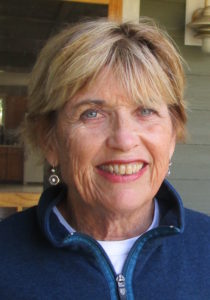
Councilor Mary Ellen O’Shaughnessey, who had also pushed to discuss the issue Thursday, said getting information – good or bad – is important for the city and its residents.
“If we’re a hot spot, I’d like to know that,” she said. “I’m a big believer in science … and I’d like the city to be a part of that.”
O’Shaughnessey also questioned why Williamson wasn’t invited to attend the online meeting – many others were watching – where he could have responded to questions and concerns.
The council then voted unanimously to have treatment plant workers begin immediately collecting samples and holding them until it could discuss the study further with Williamson at its June 17 meeting.
Research important to help public policy
In his email to the city and interview with YachatsNews, Williamson said he is especially interested in how small communities are affected by people bringing COVID-19 into those areas.
“Our interest in the issue of potential contagion from non-residential populations is based on the existence of hundreds of communities like Yachats, many located upon the U.S. coastline,” he wrote. “While this is potentially a local issue, it also has large-scale national implications.
“The results of such a study could have substantial impact upon COVID-19 policy and management. If a large impact from non-resident populations exists, local officials could institute additional controls for mitigation and to protect the local population.
“I have a lot of confidence in what we’re doing,” Williamson told YachatsNews. “Whether Yachats participates is up to them.”



Did I read this right? The Mayor doesn’t want to test because a spike in infections might scare the tourists away? It’s good that Mr. Williamson pursued this directly with the City Council, rather than accepting the initial declination from the Mayor and City Manager. Councilor Vaaler was right to force the issue. Thank You!